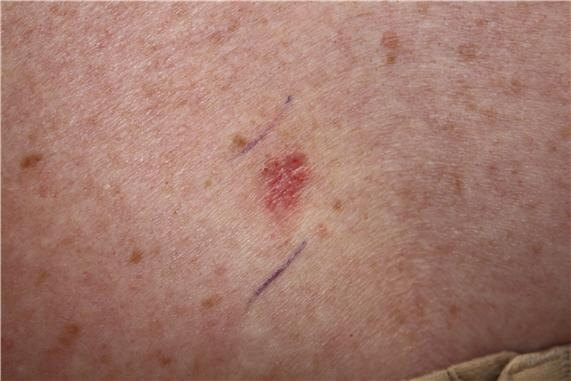Longest Follow-Up Study Finds Ipilimumab Effective in Treating Melanoma
Published: Counsel & Heal, Sept 30th 2013; Author: Cheri Cheng

Melanoma is the most dangerous form of skin cancer and the leading cause of deaths due to skin disease. In a new study examining the life expectancy of melanoma patients, researchers found that a particular treatment option called ipilimumab was highly effective. According to the longest, follow-up study, melanoma patients that used ipilimumab can survive up to 10 years.
Ipilimumab is a monoclonal antibody that is prescribed to people with advanced melanoma. The drug works by attacking a protein receptor known as Cytotoxic T-Lymphocyte Antigen 4 (CTLA-4). When people are afflicted with skin cancer, CTLA-4 is prohibited from identifying cancer cells and killing them. Ipilimumab works by enable CTLA-4 to do its job.
For this study, the researchers headed by Professor Stephen Hodi, MD, Assistant Professor of Medicine at the Dana-Farber Cancer Institute in Boston, MA, the research team looked at the medical data of 1861 patients who were on ipilimumab. The patients were from 12 different studies. The research team looked at an additional 2985 patients who received ipilimumab but were not in any clinical trials. The combined data revealed that people using ipilmumab had an overall survival rate of 11.4 months. The median overall survival length was 9.5 months. The researchers found that a plateau occurred after three years for 21 percent of the patients.
“Among these patients, 254 patients (22%) were still alive after three years. There were no deaths among patients who survived beyond seven years, at which time the overall survival rate was 17%. The longest overall survival follow-up in the database is 9.9 years," Hodi said according to Medical Xpress. “These results are important to healthcare providers and patients with advanced melanoma since they provide a perspective on long-term survival for ipilimumab patients who are alive after three years of treatment. Our data, which represent the longest follow-up of the largest numbers of patients on any globally approved melanoma therapy, will provide a benchmark for future medicines for advanced melanoma."
The findings were presented at the 2013 European Cancer Congress today.
